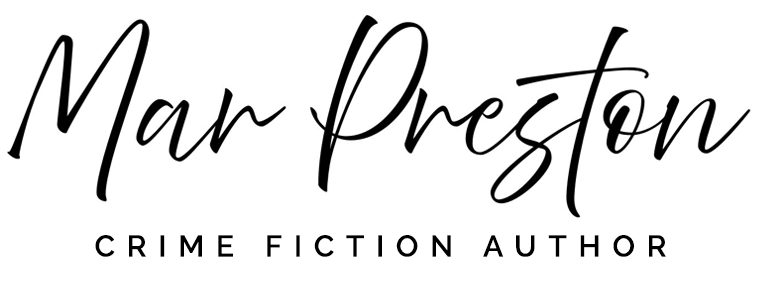Though it’s fast fading into the past—it happened in July 2016—I’m still thinking about this terrific group of law enforcement types, firefighters, and EMTs I met in Las Vegas. Here it is, the Public Safety Writers Association conference in July 2016 in Las Vegas.
I’ve been to quite a number of writers conferences since I took up writing murder mysteries, all over the US and Canada. This was the conference I should have gone to first back when I was writing my first police procedural No Dice in 2009. The one where I could have learned the most.
Half the writers registered are law enforcement types of one kind or another, most retired: some are fire fighters, EMTs, and forensic specialists. The other half are mystery writers who want to get it right. Right in the sense that the law enforcement aspect of your work makes sense. Over and over again I learn that readers, including me, read for the story. They want to be whisked up and transported into a world they will never know, filled with characters they’d love to meet.
Readers are smart. At least as smart as you and I. They know about probable cause and Miranda Rights. Despite CSI shows, most mystery readers know that forensic specialists don’t carry guns or interview witnesses. They want to sail into the experience, panting along beside the sleuth, not encounter bone-head mistakes that jar them out of the story on page one.
Joseph Wambaugh was the first cop I knew of that wrote from real life experience: Earl Emerson the first firefighter. At the Public Safety Writers Conference I met dozens of men and women mining their real life for fictional experiences: some notables, Michael Black, Bob Haig, David Knop. Names unfamiliar to you? Stay tuned. I’m picking and choosing and plan to write more on the subject.
I met writers who create their fictional worlds from a cop’s point of view: me, Marilyn Meredith, and writing from the Hamptons, Marcia Rosen.
The first day of the conference offered an intensive session on improving writing skills led by Mysti Berry. Public safety types are moving out of their comfort zones and learning new skills. Imagine how difficult it is for experts in their field to become novices. Writers are casting aside long-held opinions and beliefs to learn what being a first responder really means. The conference was limited to 50 participants. That way probably everyone got to be showcased on a panel. For the writers it was a chance to pick out an informant you thought you might connect with.
I also liked the good mix of information on the publishing marketplace, the ever-present dilemma of point of view, writing short stories, and the many different types of editing. If you kept your ears open, no matter what your perspective and breadth of experience, you could learn something.
I don’t want too many more people to apply to this conference. Please. I like that it’s small. Over the course of three days, I could have talked to anyone. I just plain ran out of social energy at the end. I boldly suggested going out to dinner with people I didn’t know. I didn’t feel that intimidating force field of energy around big names and cliquish groups that scare me off being myself. We were all there to learn. And have a good time. We all have war stories to share.
I sat on a panel with SWAT and street cop leaders, a weapons expert—and me. What could I add? I had a place there and a role I felt comfortable in. Let me save that for my next blog. Here’s where to learn more about the Public Safety Writers Association—if you must.
Which writers conferences have been a highlight for you? I’d love to know why.

